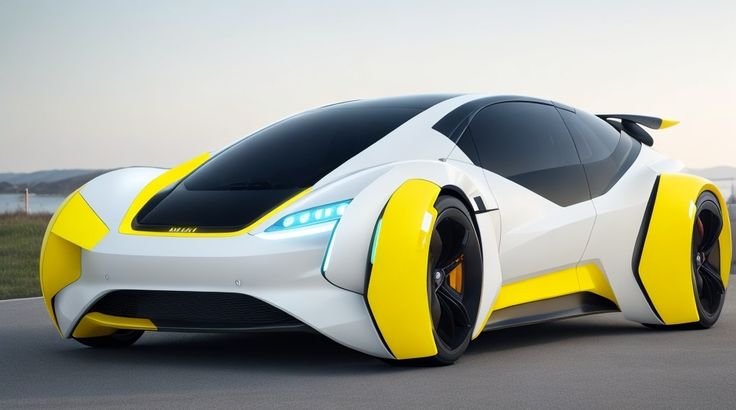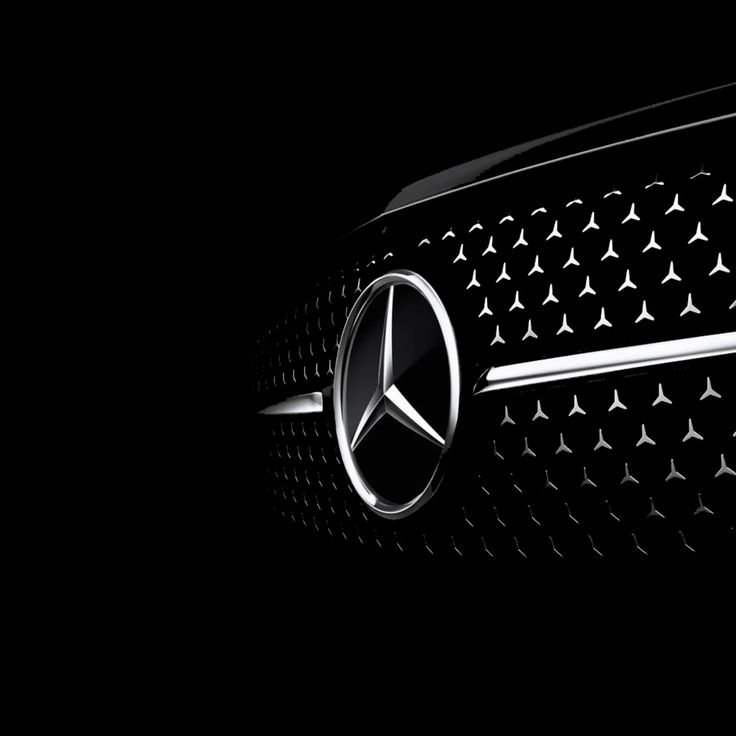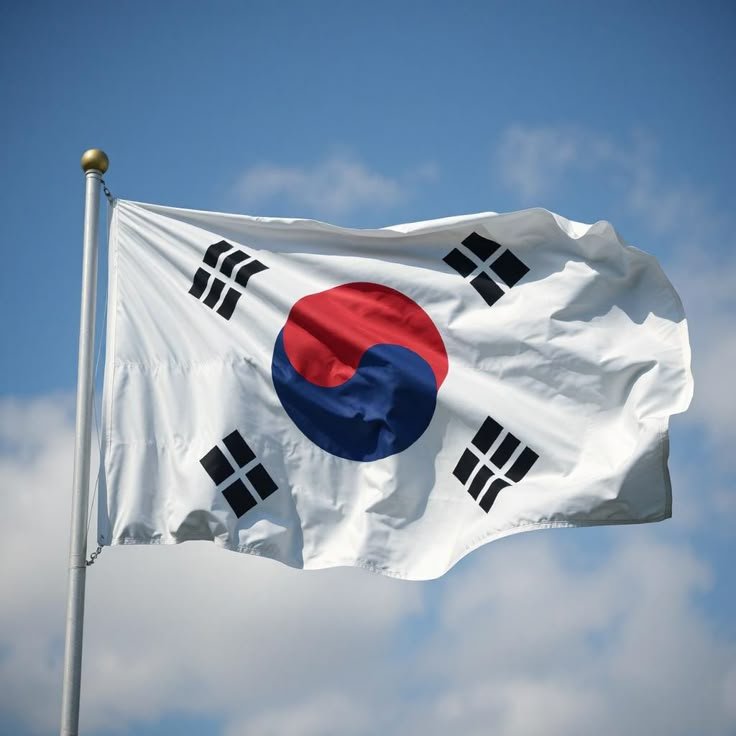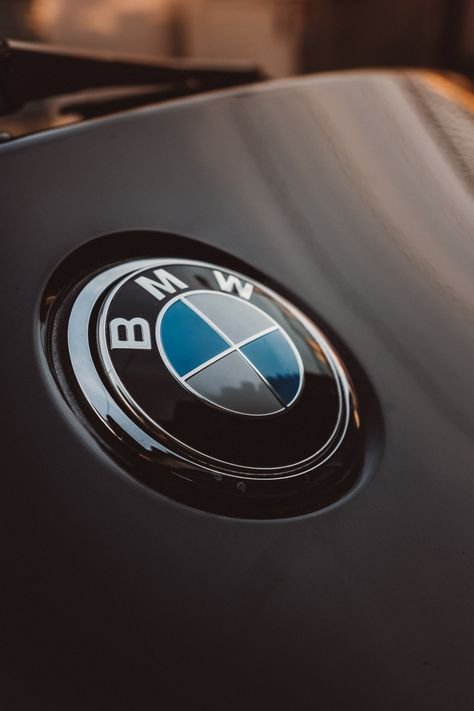
China and the European Union have initiated discussions on the planned imposition of tariff on Chinese-made electric vehicles (EVs) being imported into the European market, according to senior officials from both sides on Saturday.
Background and Context
Germany’s Economy Minister, Robert Habeck, announced that EU Commissioner Valdis Dombrovskis had informed him of the commencement of concrete negotiations with China regarding the tariffs.
This development came after China’s commerce ministry stated that its head, Wang Wentao, and Dombrovskis, Executive Vice President of the European Commission, had agreed to begin consultations over the EU’s anti-subsidy investigation into Chinese EVs.
“This is new and surprising in that it has not been possible to enter into a concrete negotiation timetable in the last few weeks,” Habeck said in Shanghai.
He emphasized that this was only the first step and that many more would be necessary. “We are far from the end, but at least, it is a first step that was not possible before.”
READ MORE: JRG and Takagi Seiko Form Joint Venture in India
The Path to Negotiations
Earlier on Saturday, Habeck had indicated that the European Union was open to discussions regarding the tariffs on Chinese exports. “What I suggested to my Chinese partners today is that the doors are open for discussions and I hope that this message was heard,” he said in his initial statement in Shanghai, following meetings with Chinese officials in Beijing.
Habeck’s visit marked the first by a senior European official since Brussels proposed significant duties on imports of Chinese-made electric vehicles to counter what the EU views as excessive subsidies.
The minister pointed out that there was still time for dialogue between the EU and China on tariff issues before the duties come into full effect in November, reaffirming his belief in open markets that require a level playing field.
The Tariff Controversy
The proposed EU tariffs, which could go up to 38.1%, are set to apply provisionally by July 4, with the investigation continuing until November 2. If the investigation supports the initial findings, definitive duties, typically lasting five years, could be imposed.
Habeck clarified that the tariffs were not punitive but meant to address the competitive imbalance caused by subsidies. “Proven subsidies that are intended to increase the export advantages of companies can’t be accepted,” he stated.
He also highlighted that the European Commission had been examining for nine months whether Chinese companies had benefited unfairly from subsidies. “Any countervailing duty measure that results from the EU review is not a punishment,” he added, explaining that such measures are designed to compensate for the advantages granted to Chinese companies by Beijing.
READ MORE: PM Modi’s Address to India’s Automotive Industry
Tensions Beyond Trade
Another point of tension between Beijing and Berlin is China’s support for Russia in its war in Ukraine. Habeck noted that Chinese trade with Russia had increased by more than 40% last year, adding strain to their economic relationship.
He expressed concerns over the circumventions of sanctions imposed on Russia, emphasizing that technical goods produced in Europe should not end up on the battlefield via other countries.
The Importance of Dialogue
Habeck stressed the importance of dialogue, noting that the proposed EU tariffs on Chinese goods were not a punishment but a necessary measure to level the playing field.
“Countries such as the US, Brazil, and Turkey had used punitive tariffs, but not the EU. Europe does things differently,” he said during a plenary session of a climate and transformation dialogue.
Zheng Shanjie, chairman of China’s National Development and Reform Commission, responded by stating that China would do everything to protect its companies.
He argued that the growth of China’s new energy industry was due to comprehensive advantages in technology, market, and industry supply chains, fostered through fierce competition rather than unfair subsidies.
ALSO READ: Steelbird Hi-Tech India Unveils SBH-34 Ganesh Edition Helmet
The Way Forward
Following his meeting with Zheng, Habeck spoke with Chinese Commerce Minister Wang Wentao, who indicated a willingness to discuss the tariffs further with EU Trade Commissioner Valdis Dombrovskis.
“There’s room for manoeuvre, there’s room for discussion and I hope that this room for manoeuvre will be taken,” Habeck said.
In anticipation of potential tariffs, Chinese carmaker SAIC Group has already started to adapt.
Shao Jingfeng, Chief Design Officer of the SAIC Motor R&D Innovation Headquarters, released images on social media of various products like skateboards, hoodies, sneakers, cups, umbrellas, and table tennis paddles, adorned with the EU emblem and the figure “38.1” – symbolizing the level of the EU’s tariffs. “What doesn’t kill you makes you stronger,” Shao wrote. “Let us remember 38.1.”
Implications and Future Prospects
The discussions between China and the EU mark a critical juncture in their economic relationship, particularly in the burgeoning EV market.
The outcome of these talks could set a precedent for future trade negotiations and impact the global EV industry. Both sides recognize the significance of a fair and balanced market, yet achieving this balance requires careful negotiation and mutual concessions.
READ MORE: India’s Hydrogen Ambition: Reducing Production Cost to $1/kg
The Broader Context
The EV industry is a crucial component of both China’s and the EU’s economic and environmental strategies. China has aggressively invested in EV technology and infrastructure, positioning itself as a global leader.
The EU, on the other hand, is striving to reduce carbon emissions and promote sustainable transport through increased adoption of EVs.
Ensuring that the competition is fair is vital for the industry’s growth and the achievement of environmental goals.
Potential Outcomes
Should the negotiations fail to reach a satisfactory resolution, the imposition of tariffs could have significant repercussions.
For Chinese manufacturers, higher tariffs could reduce their competitiveness in the European market, potentially leading to reduced market share and financial losses.
For European consumers, it could mean higher prices for EVs, slowing down the adoption of cleaner transportation alternatives.
Conversely, a successful negotiation could enhance cooperation between China and the EU, fostering a more integrated and fair global market.
It could also lead to more collaborative efforts in technology development, environmental initiatives, and trade policies, benefiting both sides in the long term.
The initiation of talks between China and the European Union on the potential imposition of tariffs on Chinese-made electric vehicles represents a critical step towards resolving trade tensions and ensuring a fair competitive environment.
While challenges remain, the willingness to engage in dialogue signals a positive direction. Both sides have much at stake, and the outcome of these negotiations will likely have lasting implications for the global EV market and the broader economic relationship between China and the EU. As the talks progress, the international community will be closely watching, hoping for a resolution that promotes fair trade and mutual benefit.
ALSO READ: Top 10 Most Anticipated Car Releases of 2024







